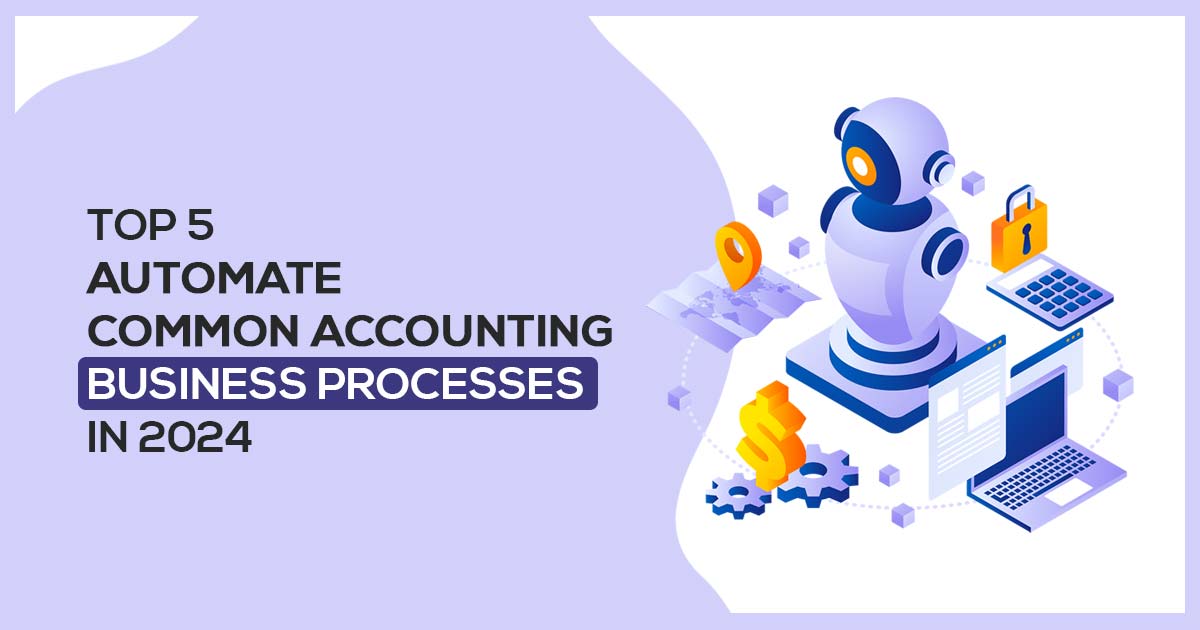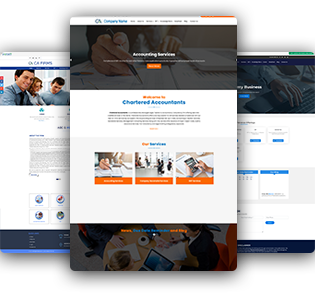
Automating the accounting process utilizes software solutions to streamline finance and accounting tasks. APA has gained traction as businesses opt to replace older, less efficient methods reliant on spreadsheets and manual exchanges among human stakeholders.
Various companies get stuck with traditional accounting processing. They depend on the Excel spreadsheets, circulating the same among the employees for the updates and the distribution of the revisions. They continuously adhere to the manual approvals process which takes days, weeks, or even months for easier sign-off from the busy executives. They wait for the human error that can build an accounting minefield.
Automation and the Future of Accounting
The adoption of automated accounting processes will continue to speed up, without displacing human thinking and oversight. Instead of replacing accountants, automation aims to free them from repetitive tasks, allowing them to dedicate their time and intelligence to critical business strategies.
Businesses leveraging cloud-based software will experience cumulative time-saving advantages as they automate various accounting functions. Integration among invoicing, spend management, and general accounting systems means finance teams spend less time transferring data and gain a unified, accurate view of all accounting information in one place.
It might stop the growth of the company. But accounting automation shall open the door to a reality. Through the assistance of the latest technology, certain routine processes could be automated lessening your time. Five processes have been discussed in this article.
Visit the CA Portal Platform Today and Start Creating Your Tax Advisor or Financial Consultant Website in minutes!
1. Bookkeeping and Accounting:
Bookkeeping is the essential practice of systematically recording, arranging and overseeing a business’s financial transactions. It forms the bedrock of the accounting system, offering a meticulous and chronological overview of all monetary activities, covering income, expenses, assets, and liabilities in journals and ledgers. Bookkeepers hold a pivotal role in maintaining financial precision, empowering businesses to make informed decisions based on a clear grasp of their financial status.
Efficient bookkeeping involves reconciling bank statements, monitoring accounts payable and receivable, and ensuring adherence to accounting standards. The emergence of digital tools and accounting software has streamlined bookkeeping, reducing the chances of errors and granting instant access to financial data. Precise bookkeeping holds immense importance in generating financial reports, preparing tax filings, and showcasing an organization’s financial well-being to stakeholders.
In essence, bookkeeping serves as the cornerstone process, laying the foundation for all other accounting functions, and furnishing a comprehensive and structured record of a company’s financial dealings.
Read Also: Essential Skills for a Successful Career in Accounting and Finance
2. Accounts Payable and Receivable:
Accounts payable and receivable stand as pivotal elements in a company’s financial administration. Accounts payable (AP) entails handling the funds a business owes to suppliers, vendors, and creditors for received goods and services. This involves validating invoices, monitoring payment deadlines, and ensuring prompt payments to uphold positive supplier relations.
Conversely, accounts receivable (AR) revolves around the funds owed to a business by its customers for rendered products or services. This includes generating and dispatching invoices, monitoring payment schedules, and pursuing overdue payments. Efficient management of accounts receivable is crucial for sustaining cash flow, diminishing outstanding debts, and maintaining a robust financial standing.
Modern accounting systems commonly integrate both accounts payable and receivable modules, streamlining invoicing and payment procedures. Automation tools elevate accuracy, diminish manual errors, and offer real-time insights into a company’s financial liquidity. Competently handling both accounts payable and receivable significantly contributes to a business’s overall financial stability and operational continuity.
3. Payroll Processing:
Processing payroll involves the intricate task of computing and distributing employee compensation, covering salaries, wages, and benefits. This multifaceted process includes calculating gross pay, making deductions for taxes, insurance, and other withholdings, and adhering to labour laws.
Accurate and punctual payroll management is crucial for upholding employee contentment, fulfilling legal requirements, and fostering organizational stability. It demands meticulous attention to detail to factor in variables like overtime and bonuses in compensation. Moreover, payroll experts must stay updated on tax law and employment regulations to ensure adherence and prevent potential penalties.
The advancement of payroll technology and software has significantly bolstered processing efficiency. Automated systems handle complex calculations, produce pay stubs, and facilitate direct deposit, reducing the likelihood of errors inherent in manual payroll tasks. As businesses progress, payroll management remains a pivotal function directly impacting both employee satisfaction and regulatory compliance.
4. Financial Reporting:
Financial reporting involves creating and presenting comprehensive financial statements that offer a snapshot of a company’s financial performance and standing. Key statements include the balance sheet, income statement, and cash flow statement. These reports serve crucial roles for both internal decision-making within management and external stakeholders like investors, creditors, and regulatory bodies.
Balance sheets specify a company’s assets, liabilities, and equity at a specific moment, providing a window into its financial well-being. Income statements outline revenues, expenses, and profits over a defined period, while cash flow statements monitor the movement of cash in and out of the business. Collectively, these reports paint a complete picture of a company’s financial status, its profit generation, and its cash management proficiency.
Modern financial reporting often leverages advanced accounting software, enabling real-time data analysis and visualization. Automation streamlines reporting, mitigating error risks and offering more timely, accurate financial insights. Transparent and precise financial reporting plays a pivotal role in fostering trust among stakeholders and facilitating well-informed strategic decisions.
5. Tax Compliance:
Tax compliance involves following all applicable tax laws and regulations mandated by governmental entities. This means accurately computing, submitting, and settling taxes within specified timelines for businesses. It covers a range of taxes like income, sales, and payroll taxes, varying based on jurisdiction and industry.
Adhering to tax compliance is crucial to sidestep legal repercussions, penalties, and damage to reputation. Businesses must stay updated on tax law alterations, adjusting their operations accordingly. This involves meticulous documentation of financial transactions, maintaining accurate records, and leveraging available deductions and credits to optimize tax obligations.
Technology significantly aids tax compliance, as many businesses employ specialized software for automated tax calculations, precise reporting, and electronic filing facilitation. Collaborating with tax experts or consultants also assists businesses in navigating intricate tax codes while ensuring adherence and optimizing their tax positions.
In essence, tax compliance stands as a vital component of financial administration, necessitating businesses to remain informed, organized, and proactive in fulfilling their tax duties








